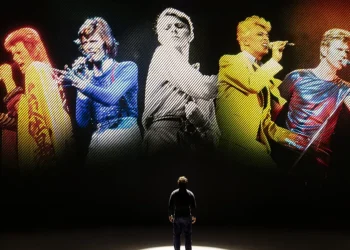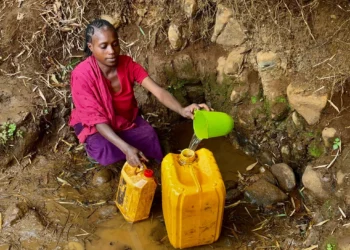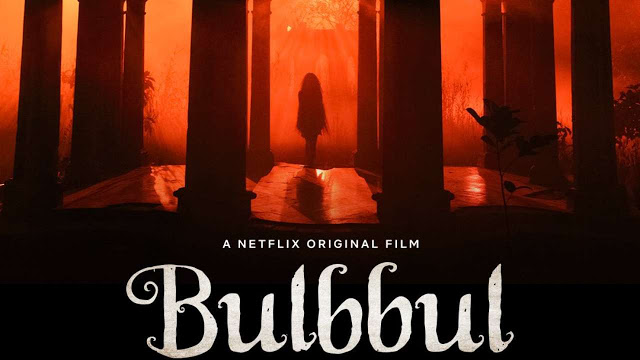After a string of socially charged hits — Pariyerum Perumal, Karnan, Maamannan, and Vaazhai — celebrated filmmaker Mari Selvaraj returns with Bison Kaalamaadan, this time teaming up with Dhruv Vikram. The film, a sports‑based social drama woven around Kabaddi, was long anticipated as a milestone project for the young actor. Although the announcement came back in 2020, production officially began in June 2024 and, after nearly a year of filming, the movie has finally reached theatres. The questions on everyone’s mind: Has Mari Selvaraj delivered his fifth consecutive success? And does Dhruv Vikram finally get his first major theatrical breakthrough?
Story
Inspired by the life of Manathi Ganesan, an Arjuna Award–winning Kabaddi player, Bison Kaalamaadan traces the journey of Kittan Velusamy (Dhruv Vikram), a young man from an oppressed community in 1990s Tamil Nadu. Kittan dreams of representing India in Kabaddi, but his path is riddled with caste conflicts, societal discrimination, and personal hurdles. His father Velusamy (Pasupathy) fears that the sport will bring his son more pain than pride, while ongoing clashes between upper and lower caste groups further complicate Kittan’s rise. The film follows how this determined youth battles every obstacle in his quest for dignity, identity, and success.
Performances
Dhruv Vikram shines as Kittan, channeling raw aggression, despair, and unshakable resolve. His performance signals the arrival of a performer who’s ready to step beyond his lineage and carve his own space. Pasupathy, portraying the conflicted but loving father, delivers a power‑packed act that anchors the emotional core of the film.
Rajisha Vijayan, as Kittan’s supportive sister, makes the most of her role, while Aruvi Madhan adds authenticity as the Kabaddi trainer. Performers like Ameer, Lal, and Anupama Parameswaran also leave strong impressions. This is one of those rare ensemble films where every actor contributes meaningfully, regardless of screen time.
Behind the Scenes
On the technical front, Bison Kaalamaadan is visually and aurally captivating. Cinematographer Ezhil Arasu beautifully re‑creates 1990s rural Tamil Nadu, painting landscapes that feel both nostalgic and grounded. Nivas K. Prasanna’s musical score enhances the mood, with background pieces that intensify emotional depth. His track marking Kittan’s turning point is particularly moving.
Editor Sakthi Thiru ensures a crisp first half, though the latter portions could’ve used more restraint—especially the final hour, which feels overly extended. The production design team deserves appreciation for authentically capturing the period setting within a modest budget.
Final Verdict
Mari Selvaraj once again crafts a socially relevant story with emotional honesty and artistic confidence. Yet, despite its sincerity, Bison Kaalamaadan treads too close to his earlier works — repeating the same message of caste oppression with only a change in backdrop. While the portrayal of caste politics remains significant, the formula feels increasingly repetitive.
In short, Bison Kaalamaadan is a visually striking but uneven social sports drama. It showcases Dhruv Vikram’s best performance yet and underlines Mari Selvaraj’s storytelling mastery, but it doesn’t quite match the freshness of his earlier films. Watch it for its heartfelt performances and thematic weight, but temper your expectations.























